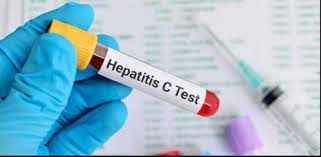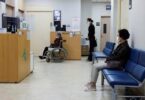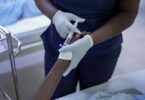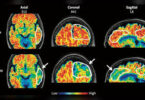F.P. Report
ISLAMABAD: Federal Government on Tuesday decided to conduct Hepatitis C screening across Pakistan.
According to the details, the government has made the decision to conduct Hepatitis C screening at the national level in order to prevent spreading of the disease.
Sources revealed that Ministry of National Health developed a plan for the screening of citizens for Hepatitis C has been prepared. The program will be initiated under the name of Prime Minister Hepatitis C Program.
A five-year PC-1 has been prepared for the Hepatitis C program, with a proposed allocation of Rs 500 million in the budget for the PM Hepatitis C Program.
Various options were considered for funding the Hepatitis C screening program, with half of the funding to be provided by the federal government and the remaining half by the provinces.
Efforts will be made to engage international donors for the PM Hepatitis C Program.
Sources state that the screening will be conducted for half the population over a period of five years. Hepatitis C testing will be conducted for individuals over the age of 12, and screening will be carried out through rapid diagnostic tests. In the case of a positive test, the individual will be vaccinated against the desease.
According to sources, the treatment of individuals will continue until the eradication of Hepatitis C, and the Hepatitis C screening and treatment for citizens will be provided free of cost.
It should be noted that the Prime Minister Hepatitis C Program was discontinued in 2015. The aim of the National Hepatitis C Screening Plan is to prevent the spread of the disease and reduce the mortality rate.
On the other hand, Dr. Haider Abbasi, a gastroenterologist, states that 5% of the country’s population is affected by Hepatitis C, with the number of Hepatitis C patients exceeding 8 million.
Dr. Haider states that the cases of Hepatitis C are primarily concentrated in Sindh and Balochistan, and the disease spreads through unnecessary injections, contaminated syringes, faulty surgical instruments, and unhygienic barber tools.







